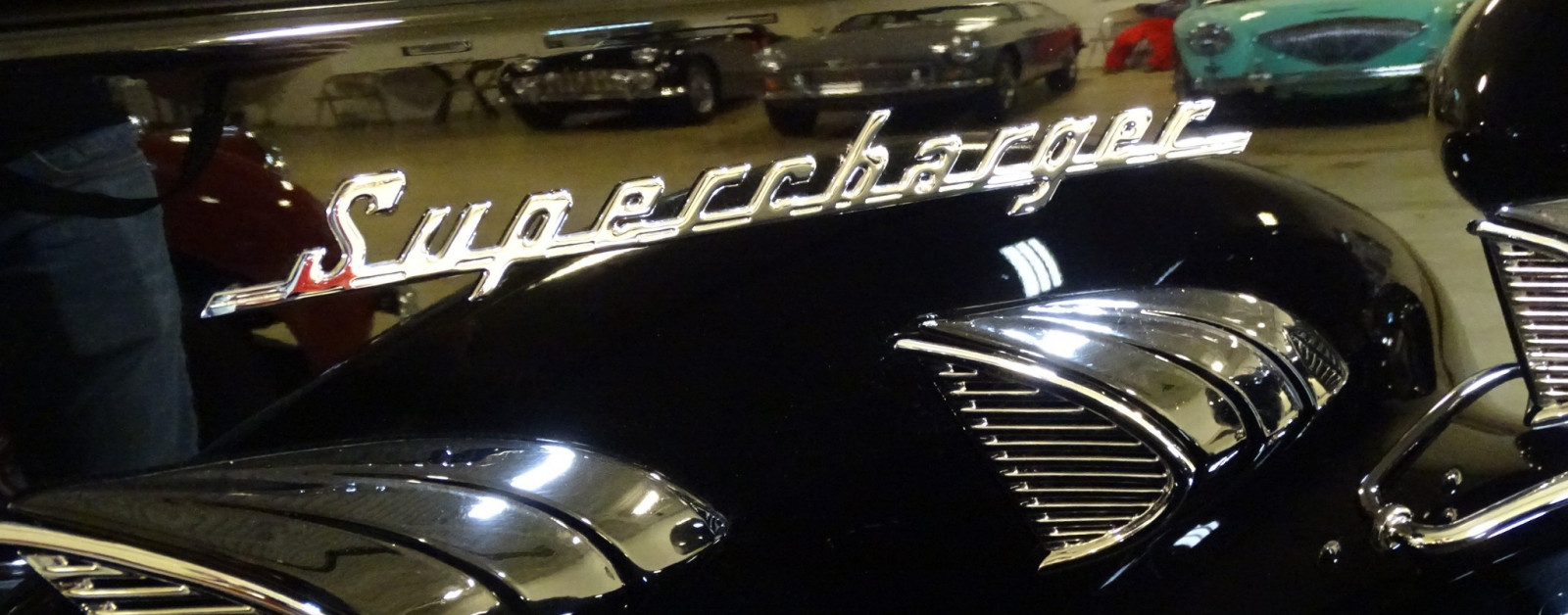Restoring and Insuring Classic Cars
by David Collins
For some, owning a classic car can be a way of re-visiting their memories of starting out driving, whilst others prefer the pride (as well as the nostalgia) involved with driving a classic vehicle.
Many classic car owners around the world have a penchant for a certain type of vehicle – from minis to cruisers and even trucks.
There are an abundance of collector’s clubs around the world that cater for almost every type of vehicle. Since the birth of the Internet, enthusiast websites – including photography of build and restore projects – have sprung up, providing an insight into those who dedicate time and money into buying and restoring classic vehicles.
As most owners of classic cars will probably tell you, when it comes to areas such as car insurance and finding spare parts, it can be a tricky business unless you know where to look.
Indeed, classic car restoration has proven to be a popular hobby, whether you’re looking to follow in the footsteps of relatives who’ve owned classic vehicles or fancy a try at putting an old car you’ve rescued from the scrap yard back together again.
For those looking to tread the water and have a go at restoring an old classic to its former glory, it’s important to have a grasp of the mechanical aspects of the vehicle, as well as an idea of how much spare parts are going to cost you.
Research in the run-up to the beginning of the project is essential, whether you’re working on an Alfa Romeo or an old ice cream van.
Before embarking on such a project you need to take certain aspects into consideration:
* What type of vehicle/model of vehicle do you want to restore?
It is important to research prices and availability of your chosen vehicle. It can be worth looking into salvage sites as well as specialist suppliers and comparing prices to try and get the most affordable deal.
* Do I have the space in order to embark on a build?
Many make use of garages as bases for build projects, it’s essential to check with neighbors before embarking on a build in order to ensure that there’ll be no issues with noise pollution in future.
* Where will you get the spare parts?
It is important to identify a spares supplier for your chosen vehicle early on. Find out if they cater for your particular model and identify which parts are needed immediately and which can wait till the last minute (such as d

 To request an appraisal, please complete the sections below:
To request an appraisal, please complete the sections below: